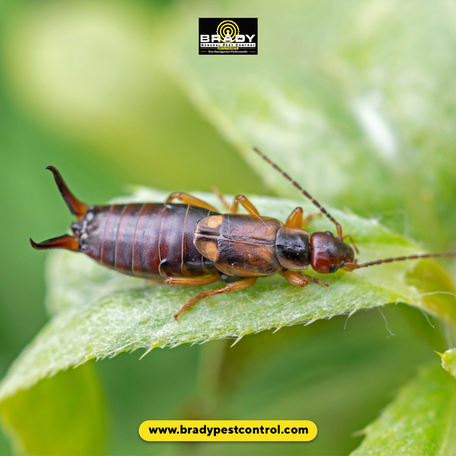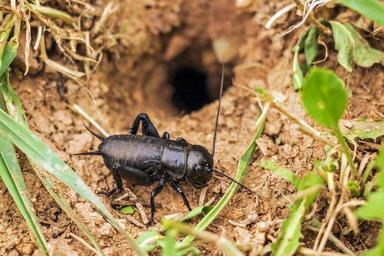When you believe you know everything about Gardening, the seasons change, seeds grow or fail, and you quickly come to realize how much more there is to learn. Gardening is a pastime that can be enjoyed by people of all ages and is one of the most fulfilling ways to spend an early morning or late afternoon. It calls for patience, creativity, and endurance.
Gardening can occasionally become frustrating when we discover that our efforts have been in vain due to unwanted pests. We start to wonder how to manage garden pests and keep them at bay when holes start to form, herbs are nibbled to the ground, plants fail to grow because of soil pests, and we discover that our organic greens have been destroyed.

However, if you garden organically, pests will find you. To keep away pests from your garden, you only need to know how to keep them away and what to grow.
Being able to spend time in your yard when the weather is great is the nicest part of having one. Unfortunately, pests and other insects enjoy nice weather too, so they won’t think twice about accessing your property. Here are the top suggestions and techniques you may use to keep pests out of your yard from Brady Pest Control.

Keep Grass Short and Mow
Pests love staying in untidy, overgrown environments. They enjoy being able to hide within weeds and long grass. This means that the more clean and organized your yard is, the less appealing it will be to them. The insects, bees, rats, mole crickets, grub worms and other tiny pests will be more attracted to someone else’s lawn if you keep your grass short.

Get Rid of Any Standing Water
Pests frequently target locations with standing water when searching for a spot to hide or place to make home. It is used by some insects, like mosquitoes, to reproduce. Make sure you empty any buckets or containers that collect rainwater to prevent this from happening. Additionally, you should frequently clean out your gutters. Kids’ pools and birdbaths should both have their water changed at least once every few days.
Store Birdseed Securely
Pests like mice and rats prefer to settle in yards with easy access to food. They can choose birdseed because it’s simple to consume and typically simple to obtain. Start by keeping your bird seed in a metal container that closes securely if you simply wish to feed the birds.
Include Plant Life That Repels Pests
There are numerous plants with fragrances that repel insects and pests from approaching. Plant lavender, marigolds, mint, garlic, citronella, lavender, and rosemary to ward off insects and pests.
Make Sure to Put a Lid on Recycling and Garbage Containers
Pests may be repelled by some garden scents, but they are undoubtedly drawn to the smell of trash. Garbage bins serve as breeding grounds for insects and rodents as they consume your leftover food. Making sure your bins are always closed properly. Covering your bins properly is the best approach to prevent pests from getting into your trash.
Use LED lights rather than Incandescent Bulbs
The spectrum of light produced by incandescent bulbs attracts insects. While some insects will still be drawn to LED lights, you’ll typically see less of them swarming around them.
Morning is the best time to water plants
Even though it’s usually easier said than done, we must try to do our best. Water in the morning if you can. This has two benefits. First, when the warmest portion of the day arrives, your plants will be well-hydrated. The leaves will also have time to dry before dusk. Many garden pests, such as slugs, snails, and earwigs, love to hang around on damp plants, especially if you also tend to plant closer together and densely.
Plant in the right place
Keep plants that require full sun out of other places. Similarly, grow crops based on their water requirements. Grow a crop in a location that stays moist for a longer period of time if it needs more water to keep healthy. For a while, crops may be able to survive less-than-ideal conditions, but eventually, they will weaken and they may fall prey to pests. Pests in gardens can be avoided with a simple planting strategy.

